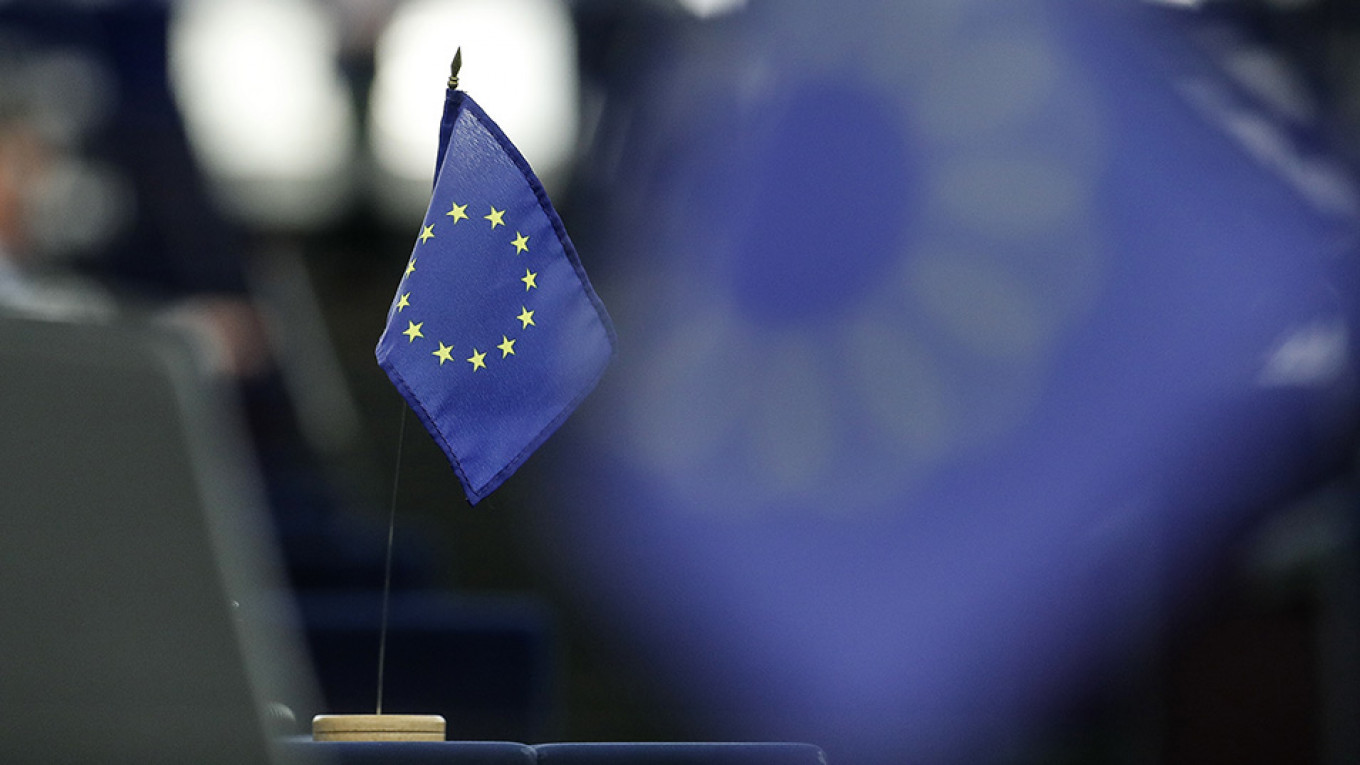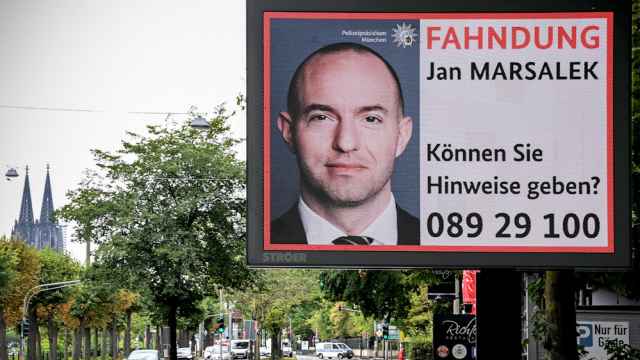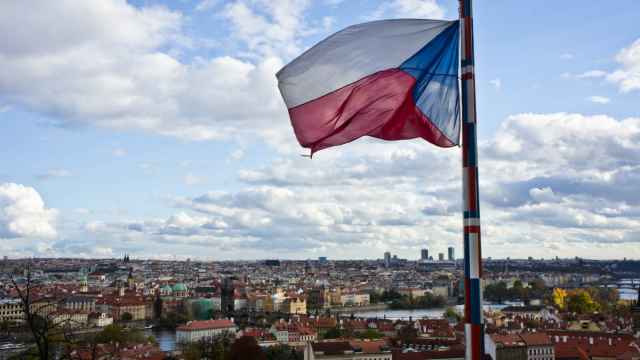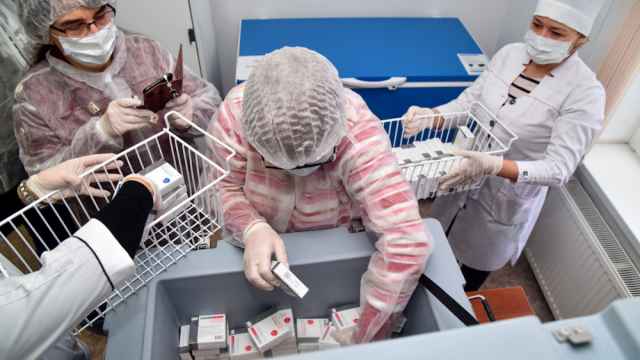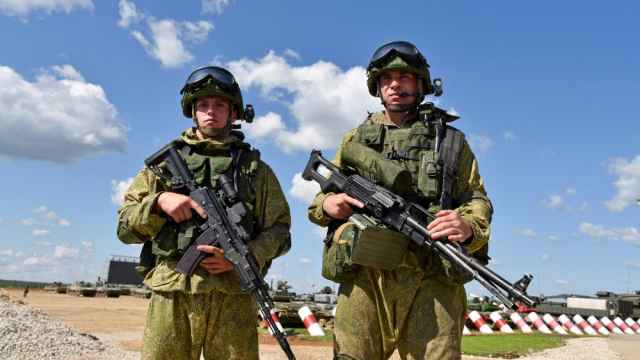Moscow said Wednesday it was expanding a list of European officials who are banned from entering Russia as a response to what it said were aggressive EU actions.
A Foreign Ministry statement did not specify what the sanctions were a response to, but referred to "hostile steps" against Russia and its citizens.
Russia's ties with European countries have worsened since Germany and France said this month that opposition leader Alexei Navalny was poisoned with the Novichok nerve agent.
The statement said Russia was expanding "a reciprocal list of representatives of EU countries and institutions who are banned from entering Russian territory."
It added that the number of EU officials barred entry to Russia was now equal to the number of its officials on an EU list.
"The EU is continuing to expand its sanctions tools and apply them on the basis of groundless and sometimes absurd pretexts," it said.
"We have repeatedly warned the EU about the malignancy of such an approach."
If Brussels continues its "confrontational" policies Moscow reserves the right to act further, the Foreign Ministry said.
European leaders have demanded explanations from Moscow since Germany said toxicology tests showed Navalny, who is President Vladimir Putin's most vocal critic, was poisoned with Novichok, a Soviet-designed chemical weapon.
But the Kremlin has brushed off allegations it was behind the 44-year-old anti-corruption campaigner's poisoning.
Russian Foreign Ministry spokeswoman Maria Zakharova on Wednesday accused Western countries of "unleashing a massive disinformation campaign" over Navalny's hospitalisation.
"We believe this rhetoric is simply unacceptable," she said, reiterating there was no evidence that Moscow was behind the poisoning.
A Message from The Moscow Times:
Dear readers,
We are facing unprecedented challenges. Russia's Prosecutor General's Office has designated The Moscow Times as an "undesirable" organization, criminalizing our work and putting our staff at risk of prosecution. This follows our earlier unjust labeling as a "foreign agent."
These actions are direct attempts to silence independent journalism in Russia. The authorities claim our work "discredits the decisions of the Russian leadership." We see things differently: we strive to provide accurate, unbiased reporting on Russia.
We, the journalists of The Moscow Times, refuse to be silenced. But to continue our work, we need your help.
Your support, no matter how small, makes a world of difference. If you can, please support us monthly starting from just $2. It's quick to set up, and every contribution makes a significant impact.
By supporting The Moscow Times, you're defending open, independent journalism in the face of repression. Thank you for standing with us.
Remind me later.


